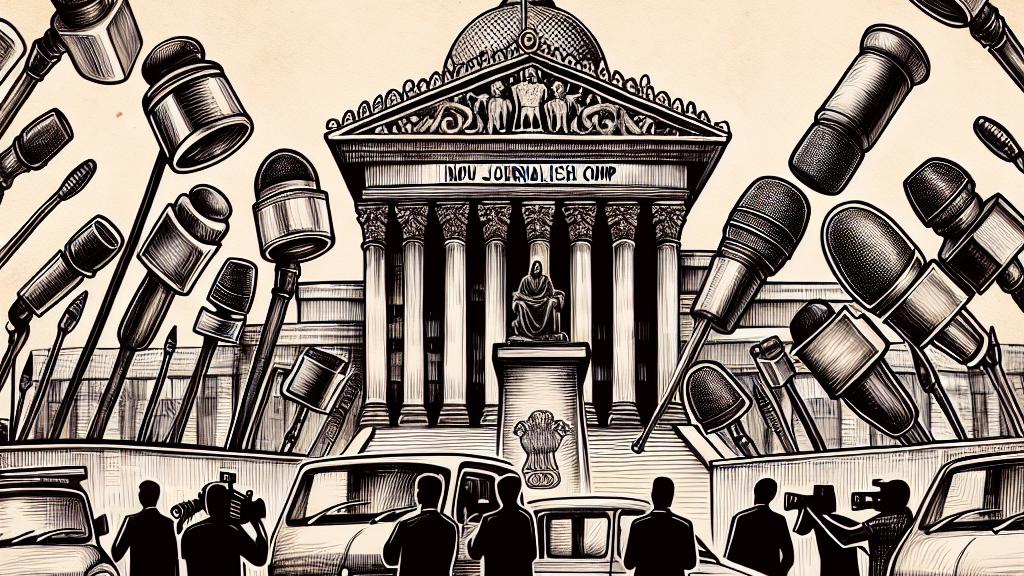Wikipedia Article Blocked Due to Ongoing Lawsuit Against Wikimedia Foundation
Overview
- A groundbreaking Wikipedia article detailing a defamation lawsuit has been globally blocked by an Indian court order.
- Asian News International (ANI) accuses the Wikimedia Foundation of defamation, claiming the article misrepresents their operations.
- The Delhi High Court ruled that the article's discussion interferes with judicial proceedings, invoking the 'subjudice principle.'

Detailed Context of the Legal Dispute
An intriguing and significant legal battle is unfolding in India, where the Delhi High Court has ordered the suspension of a Wikipedia article related to a defamation lawsuit filed by Asian News International, widely known as ANI. ANI, which has played a pivotal role in Indian journalism, asserts that the article contains misleading information that has tarnished their reputation and undermined their credibility. The court's invocation of the 'subjudice principle' underscores the serious nature of this case. This legal principle is intended to safeguard the integrity of ongoing judicial proceedings by limiting public commentary that could sway potential outcomes, effectively protecting both the rights of the litigants and the fairness of the legal process.
Implications and Concerns of Censorship
The implications of this ruling are not only far-reaching but also raise pressing questions about freedom of expression and censorship in the digital age. The suspension of the Wikipedia article impacts not just ANI and the Wikimedia Foundation but also concerns the broader internet community. Imagine the chilling effect on contributors who wish to document controversial subjects; they might hesitate to engage in discussions out of fear of legal repercussions. For instance, if passionate contributors shy away from editing articles about political controversies, the richness of knowledge that Wikipedia represents may diminish significantly. Thus, this case highlights the precarious balancing act between upholding individual reputations and preserving public access to free information. In a world increasingly driven by digital narratives, understanding the implications of such censorship becomes crucial.
Wider Trends: Navigating Information Control
This incident is indicative of a wider trend wherein governments worldwide are employing legal instruments to regulate online narratives, particularly those that cast them in an unfavorable light. Take, for example, countries like Turkey and Russia, where authorities regularly block content critical of the government and employ strict regulations to maintain control over public perception. In the case of Wikimedia Foundation, which has previously taken a stand against mass surveillance by the NSA, this ongoing lawsuit underscores a new front in the battle for information freedom. As governments increasingly assert control, the essential question arises: how do we protect the fundamental right to information against rising censorship? The fate of digital knowledge platforms like Wikipedia hinges on this question, and their future will likely reflect the evolving nature of governmental interactions with information and its dissemination.

Loading...